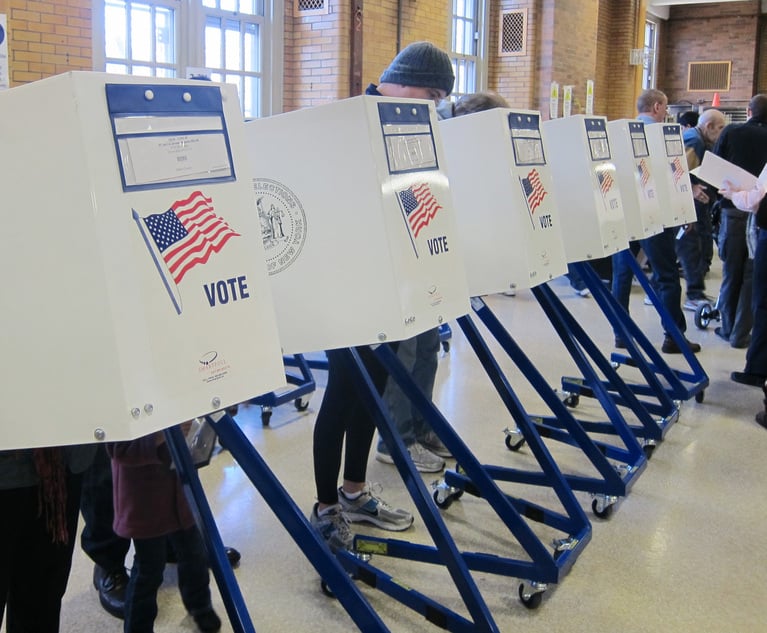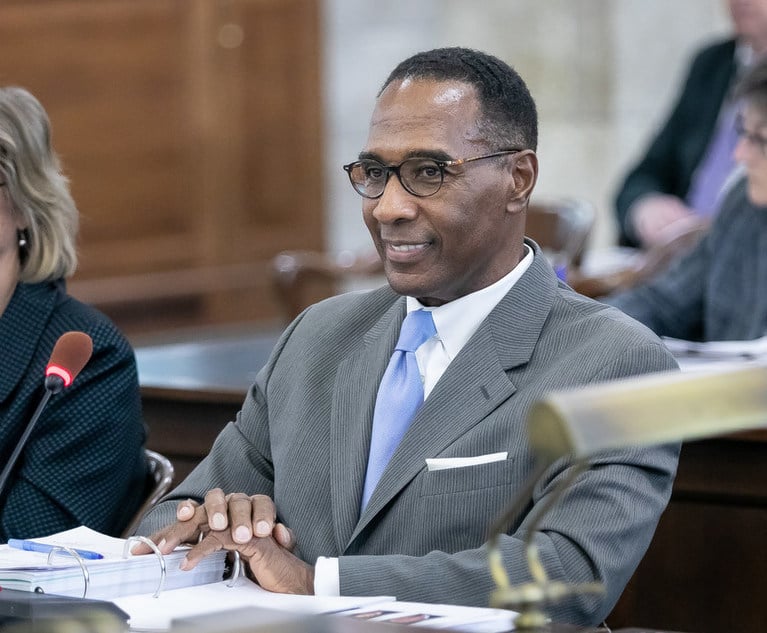Having decided 5-4 in Ruchco v. Common Cause that gerrymandering for partisan reasons is a nonjusticiable political question without remedy under the federal Constitution, the United States Supreme Court now finds itself grappling with the intersection between partisanship and race. In Alexander v. South Carolina State Conference of the NAACP, the court has just heard argument on the issue of whether the redistricting of more than 60% of the African American voters out of South Carolina’s First Congressional District was motivated by race, and hence barred by the 14th Amendment, or by politics, and therefore of no constitutional concern. The tenor of the argument shows that some of the justices appear willing to reverse the three-judge District Court and conclude that politics, rather than race, was the predominant factor driving the realignment that turned a swing district into a safe Republican seat.
Two centuries ago, Jeremy Benthan, a harsh and penetrating critic of the common law of his time, wrote, “Jurisprudence is the art of remaining methodically ignorant of what everyone knows.” In this case, methodical ignorance means a willful refusal to see the political demographics of the modern South. In South Carolina, as throughout the former Confederacy, African Americans overwhelmingly vote Democratic, while whites overwhelmingly vote Republican. The only way to turn a swing district safely Republican is to move Black voters out of it. Conversely—as the court has tacitly recognized in the Alabama redistricting case—a district that allows for election of a black representative will almost certainly elect a Democrat. In any locality where political affiliation is polarized by race, a partisan gerrymander will be motivated by race, just as a racial gerrymander will be motivated by partisanship. The politicians who draw district lines understand this. So did the District Court with its local knowledge. The Supreme Court should also.







